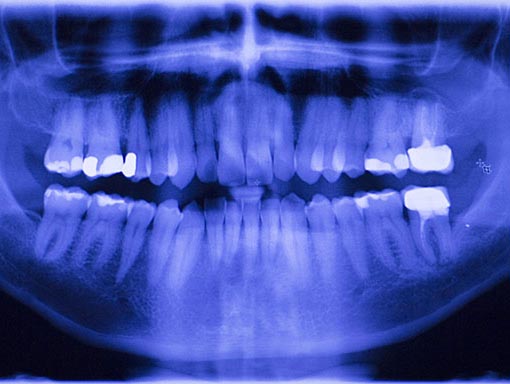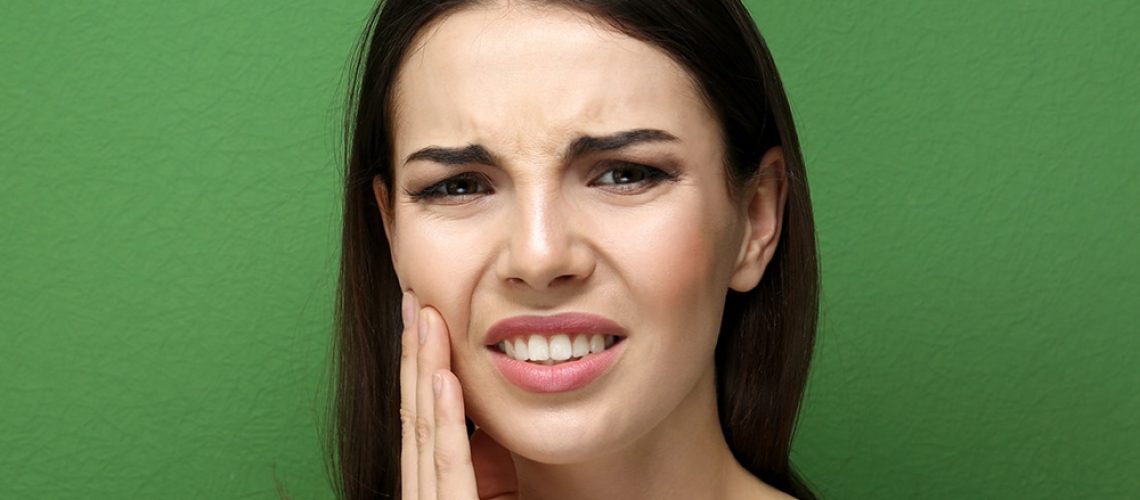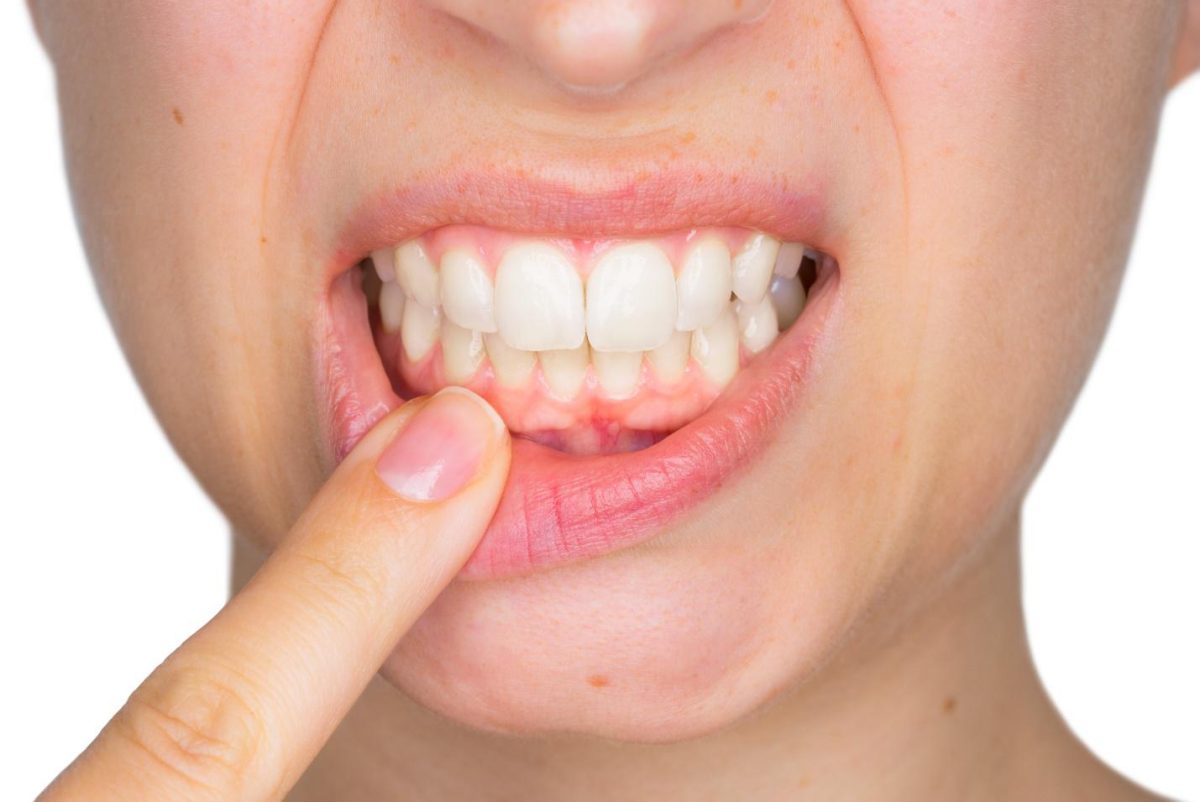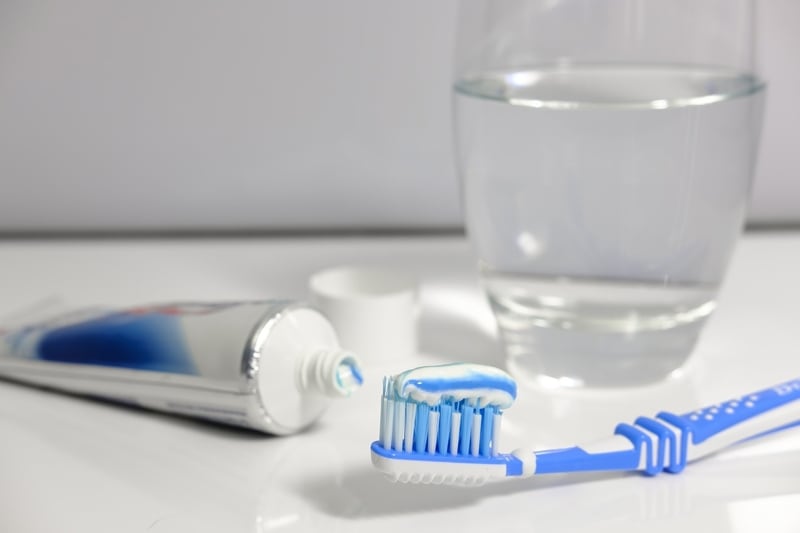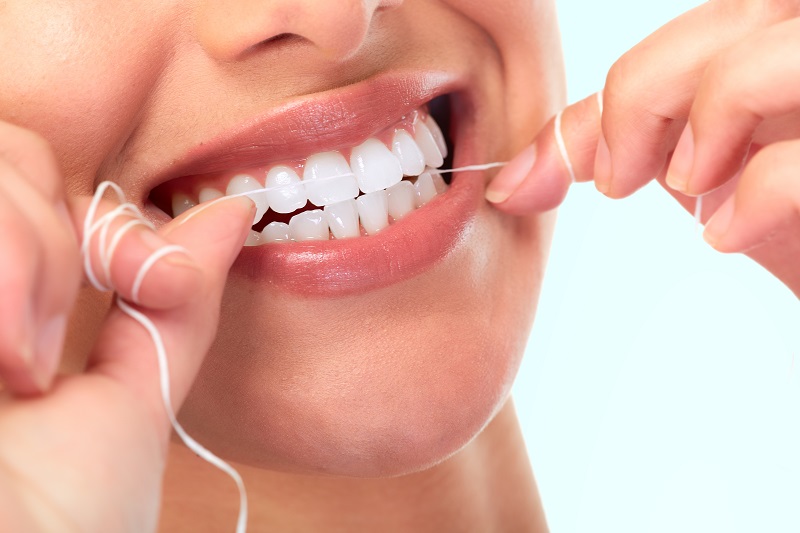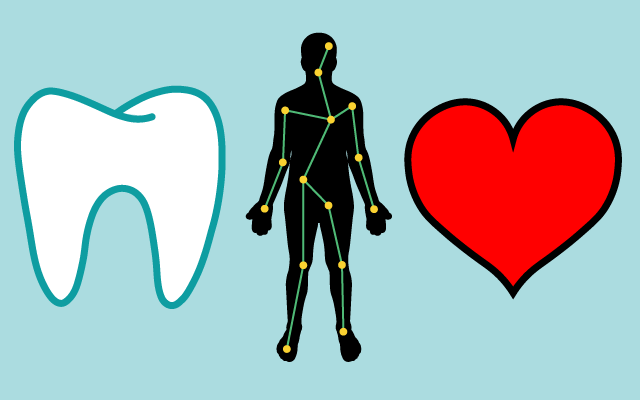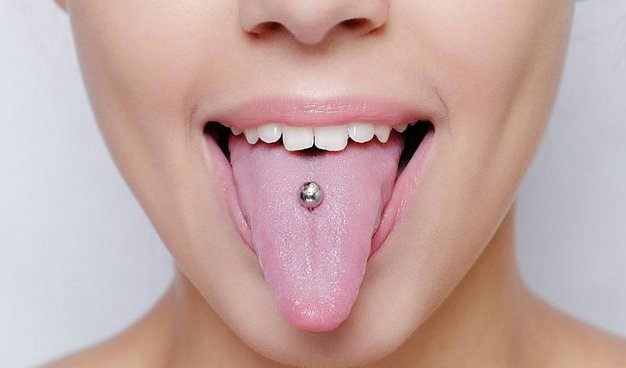Dental X-rays are an essential part of ensuring good oral health. Many think that X-rays are harmful because they use radiation to capture the image, and misinformation shared on the internet adds to the concerns. However, what patients may not know is that the level of radiation they are exposed to in an X-ray is actually quite low. In fact, just being out in the sun or flying in an airplane exposes you to higher levels of radiation than an X-ray.
According to the American Dental Association, the amount of radiation patients are exposed to during an X-ray is minuscule in comparison to the amount of radiation patients are exposed to on a daily basis. In fact, in one year, you will naturally be exposed to 640 times the level of radiation that routine X-rays produce.

